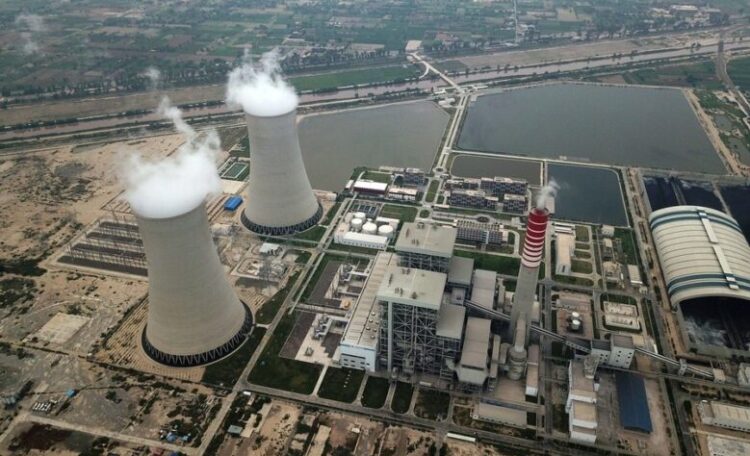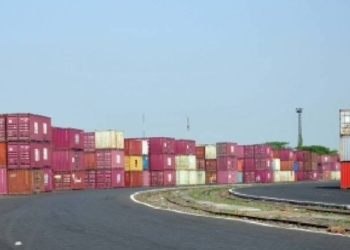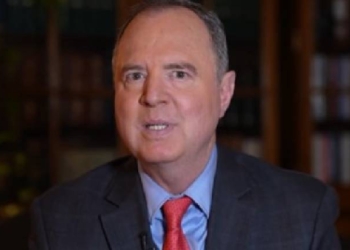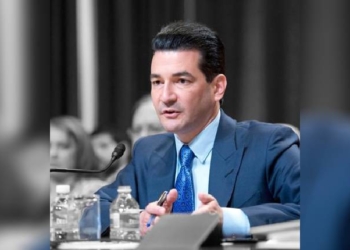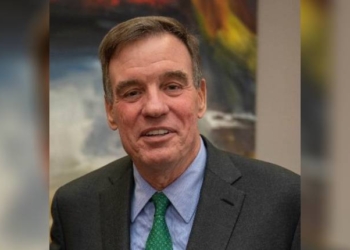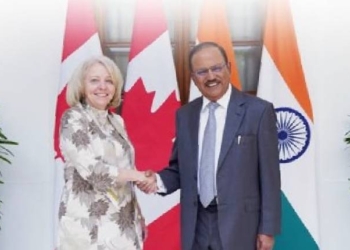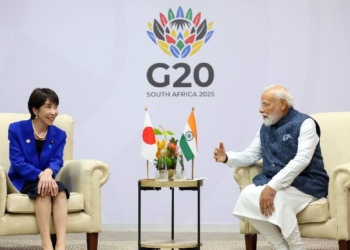Islamabad: China’s ‘One Belt One Road’ (OBOR) initiative is one of the world’s biggest financial investment and trade initiatives through an ambitious economic development and commercial connectivity among multiple countries spread across Asia, Africa and Europe, dubbed as the “Project of the Century” by the authorities in Beijing.
In a project that embodies about 78 countries; Pakistan remains as one of the pivotal parts of it through OBOR’s flagship project, China-Pakistan Economic Corridor (CPEC).
The CPEC is a core project of OBOR and has been termed as significant in making Pakistan both a conduit and destination for cross-regional investment and trade.
“Pakistan believes that the most powerful impact of OBOR will be on the lives of poor and marginalised people, who would have higher incomes, better education and more health facilities. It would help in eradicating poverty and achieving Sustainable Development, leaving on one behind,” said Dr. Mehmood Ul Hasan, a senior economist.
This year, Pakistan and China celebrated 10 years of the CPEC, adding more investment and infrastructure projects and vowing to speed the process of resolutions of any roadblocks in various projects.
“The transformational CPEC) the flagship project of President Xi Jinping’s visionary Belt and Road Initiative (BRI), remains at the core of Pakistan-China relationship and is pivotal to Pakistan’s future economic progress and prosperity,” said Foreign Secretary Sohail Mahmood.
While Pakistan considers itself well-placed in its alliance with China and being the important component of OBOR through the CPEC, many argue that the massive investment initiative by Beijing has already indebted some countries who have had to hand over their assets to pay off Chinese debts, adding fears that Islamabad’s consistent financial dependency and debt to the Asian giant may prove severely counter-productive in the future.
“It can be a debt trap by China. Pakistan is heavily reliant on the Chinese investment, loans and support as it struggles to make financial ends meet. However, China is also aware of the geographical importance of Pakistan, in reference to India, Afghanistan and Iran. And it just may not look at Pakistan as a vulnerable country for a debt trap,” said economic expert Aadil Nakhoda.
In the past, CPEC related projects have seen various issues of concern as Beijing faced challenges dealing with Pakistani leaderships like former Prime Minister Imran Khan, whose tenure saw many projects being hedged due to various arguments and complications of understandings between the two governments.
But the project has been moving forward slowly but surely.
Experts say that among other massive multilateral trade-route based projects in the world, the CPEC is the only one which has made the most progress.
Pakistan looks forward to further deepen its bilateral and strategic cooperation with China through the CPEC-OBOR, not only because it further strengthens its alignment with the global power China, but also because the country’s sees positive change in its own persisting economic crisis and deteriorating financial growth through its alliance with Beijing.
China and Pakistan announced launch of CPEC-II earlier this year during the 10th year anniversary, extending and enhancing cooperation in the fields of agriculture, mining, science and technology, and information technology.
It would not be wrong to maintain that Pakistan’s CPEC-OBOR experience commits major growth and development for Islamabad through Chinese investment and cooperation, and brings it closer to the longstanding alliance with China.
“Pakistan would not hate being the closest partner to China’s economic ambitions and make full use of the opportunity to maintain and sustain its own economic challenges,” said Adnan Shauqat, a senior strategic analyst.
“China is a world power, and other global powers look at China with a very very close eye because they are fearful of China’s increasing influence in the region. Pakistan has nothing to loose but it is well-placed in being closer friends to China.”
(IANS)




